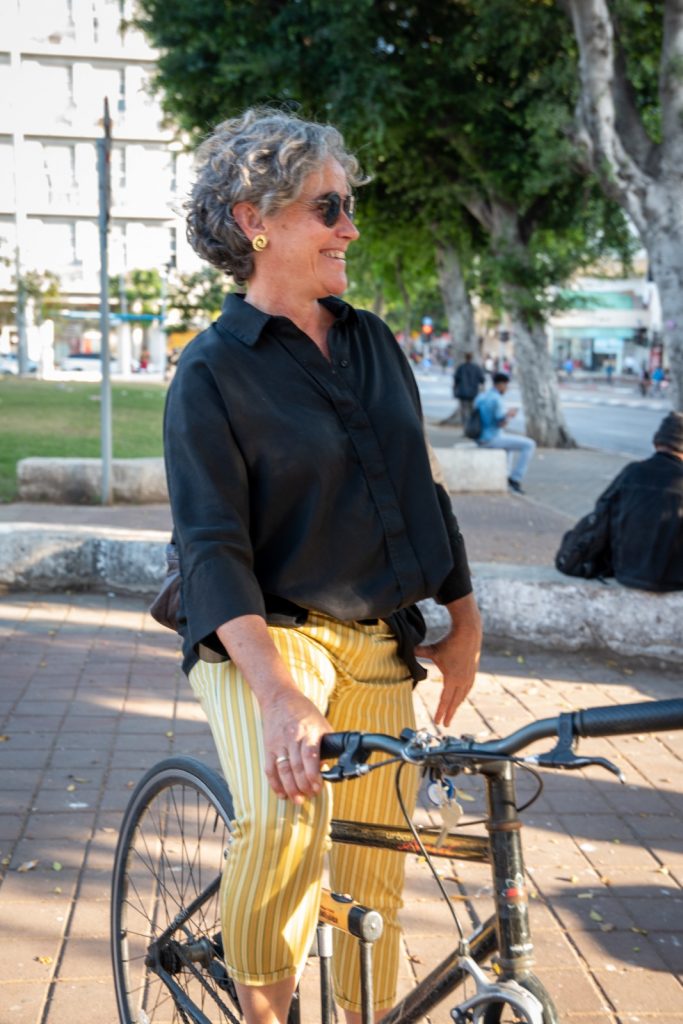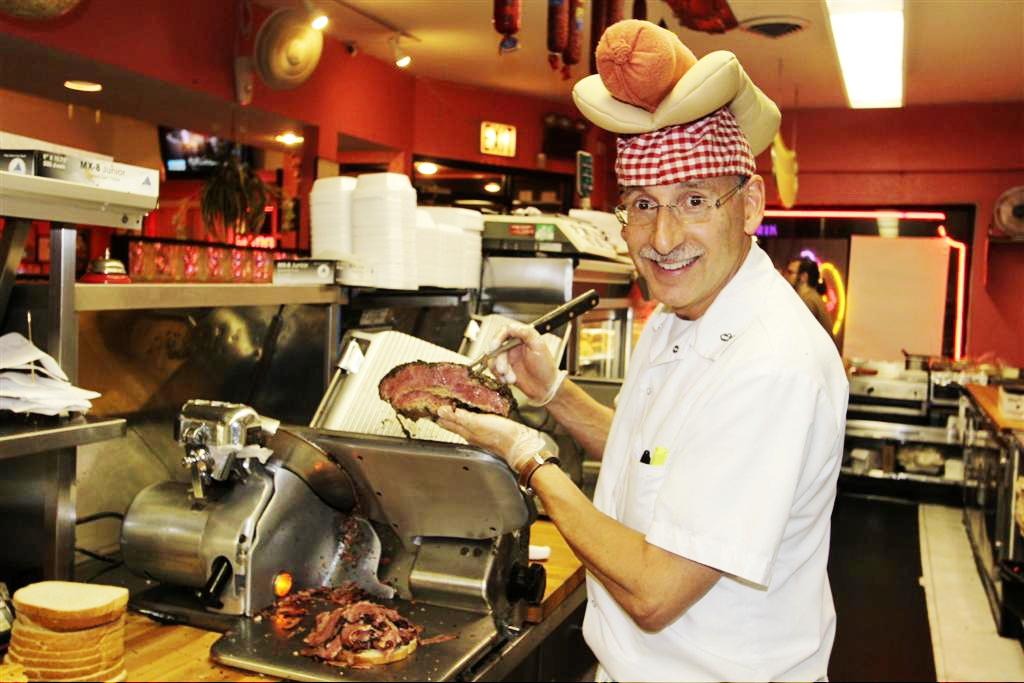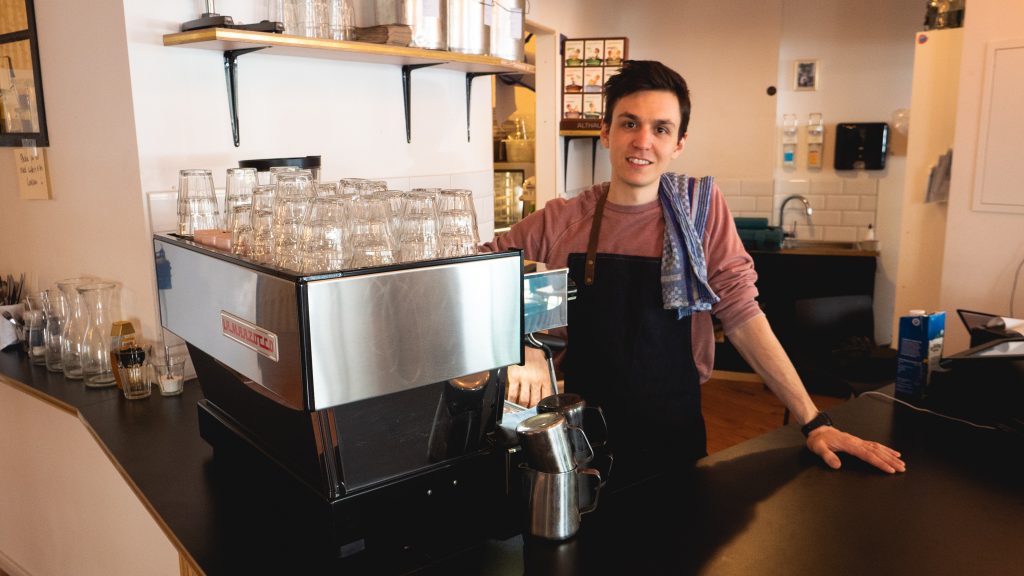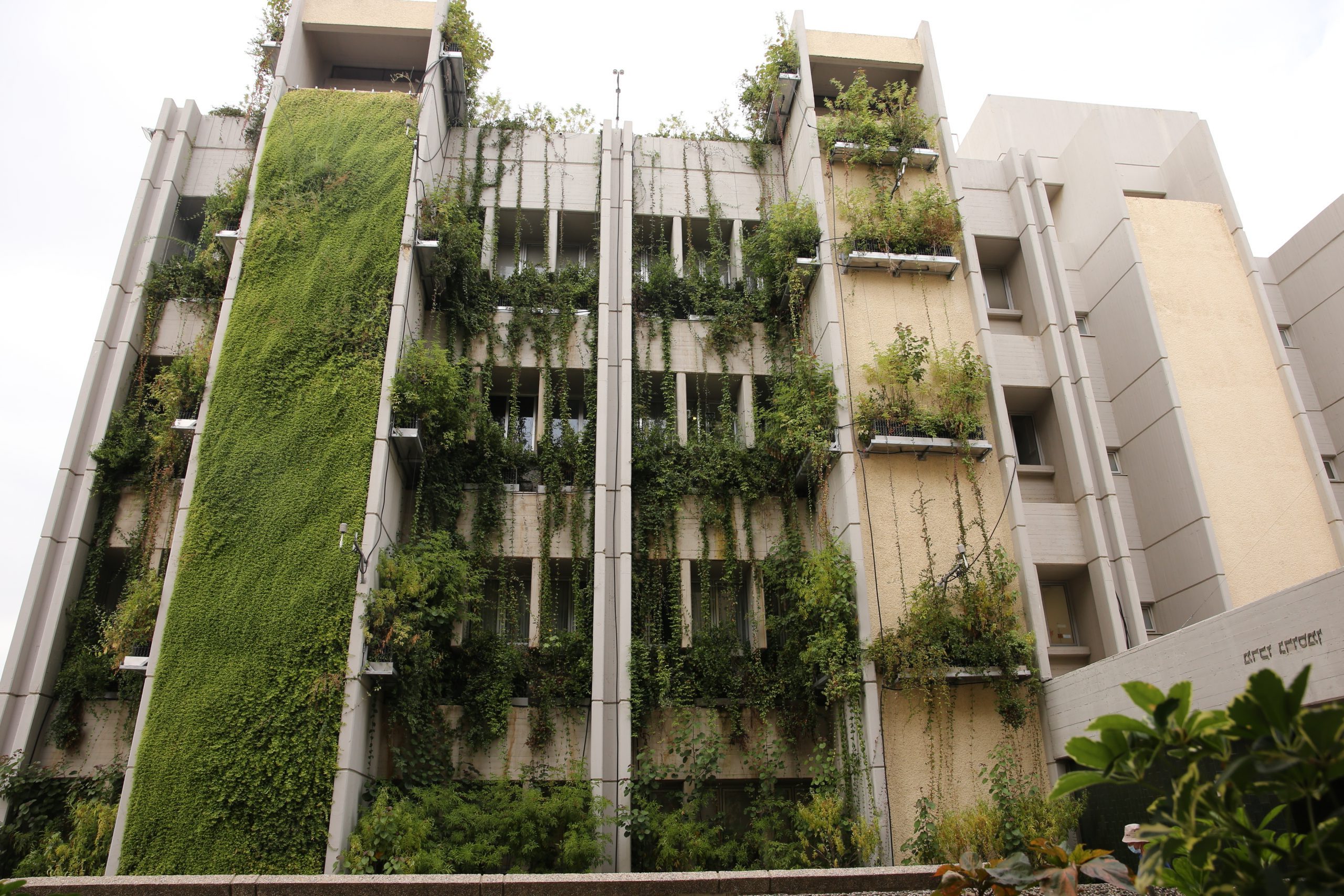Tel Aviv – New York – Berlin
May 13, 2020After weeks of grueling lockdowns and desperate searches for exit strategies, many large and mid- sized companies have resumed limited operations. However, small businesses like restaurants, cafes, and bars, that depend heavily on daily revenue have to remain closed, making it even harder for them to survive
As the first and hopefully, only wave of COVID-19 seems to be slowly subsiding in many countries, some governments have begun to loosen restrictions in order to restore a sense of normalcy for the public and spare their economies from any further strain. While New York is still in a state of emergency, Israel and Germany are among the first, after having imposed stringent restrictions on citizen’s movements, to take first steps towards a post-corona reality.
While a number of businesses and public offices are officially returning to regular hours of operation, albeit with strict safety measures, the service industry continues to be one of the most impacted by the crisis – bars and clubs remain closed, restaurants and cafes may sell food only as take-out or delivery.
With such severe limitations causing daily revenue to drop, many independent business owners see themselves being driven towards financial dilemma.
However, three restaurant owners from three different countries have each found a way to cope with the current situation that this crisis has dealt them.

Tel Aviv
For Merav Barzilay, who owns the celebrated vegan restaurant Meshek Barzilay in the heart of Tel Aviv, the new situation may present a challenge, but nothing that she and her team cannot overcome.
“I am a very optimistic person by nature. I believe in my business, my abilities, and my dreams,” Merav stresses. “Many people have raised their eyebrows when I first started with a vegan restaurant focusing on healthy cuisine. Now we’ve come a long way. We became a strong business. This won’t be easy, but I am not the kind of person who gives up fast,” she adds.
With COVID-19 incapacitating the better part of the service industry in Israel, Meirav is doing everything to remain on track.
“The restaurant is basically closed, operations are heavily reduced, and we spend fewer hours at the restaurant. But we are doing everything to streamline our activities, not to lose money, and to plan ahead so that we can go full steam ahead once we get to fully reopen the restaurant”
While waiting for a government grant to support her business, Merav has to be creative to keep things interesting for her customers. Aside from using delivery service more extensively now, she is spicing up her menu by creating new offers and products.
“I even came up with a new delivery idea, which I cannot disclose yet, but I hope it will make some impact.”
At the same time, Merav is happy to spend some time with her family and pursue her hobbies. “Although this is a tough period, I have more time now to do other wonderful things like spend time with my children and my mother, read books, cook, and garden,” Merav adds.

New York City
With more than 300,000 confirmed cases and 21,000 deaths, New York City is by far the hardest-hit place in the world. COVID-19 has paralyzed any sense of normalcy in the city, and according to the New York State Department of Health, all non-essential businesses will stay closed through May 15th. In Addition, NY State Governor Andrew Cuomo has determined that schools will remain closed for the rest of the academic year.
Lloyd Lederman is a co-owner of Jay & Lloyds Kosher Deli in Brooklyn, New York.
“We are one of the last ‘old-time mom-and-pop style shops,’ and I love what I do. I’ve been doing this all my life, ever since I was a kid. I’m a third-generation deli guy,” Lloyd says.
According to Lloyd, since the outbreak, every day has become a struggle, and now more than ever, he feels as though he has to be at the deli all the time in order to stay in business. “While I am waiting to get my Paycheck Protection Program (PPP – a federal small business loan) approved, I’ve joined four delivery apps, and I started to become very active on social media, which I’ve never done before. Now I post almost every day,” Lloyd says. “I am trying to get as much exposure as possible,” he adds.
Wearing masks and gloves have become normality, and although regular business days have changed drastically, food can still be sold as take-out, which obviously increases the chances of contracting Coronavirus (SARS-CoV-2).
“In my business, we work in close proximity to one another, and when you’re dealing with different people, you can never really be sure about your safety. And then every night I come home to my daughters, which is a scary thought,” Lloyd emphasizes.
While the fear of the virus is ever-present, for Lloyd, not being able to pay his landlord or his staff is just as terrifying a thought. “My biggest worry is purely to pay my landlord and keep my staff employed. I feel responsible for them,” Lloyd concludes.

Berlin
Across the pond, Alexander von Bassenheim, a young business owner from Berlin, who opened a café with an integrated co-working space called HeartSpace Coworking & Coffee last year, is facing similar problems. Right from the start, Alexander reacted fast, knowing that he did not have the luxury to just sit back and hope for the best.
“When we heard that cafés and restaurants had to close down, we decided right away to try delivery service. We are new and don’t have a lot of savings or options. There wasn’t much that we wouldn’t have tried in order to keep things going,” Alex says. “Fortunately,” Alex continues, “it worked out, and although it’s not a lot, delivery is now our main source of income.”
Additionally, within a few days after the first restrictions came into effect, Alexander launched a successful online funding campaign, which raised more than €4,000 in a little over a week.
“The money I raised really helped me to buy some time and keep things going,” Alex stresses. “Aside from that, however, I also received financial support from the city of Berlin and from the federal government, which I am extremely grateful for, especially since the application process was super easy and without a lot of bureaucracy,” he adds.
According to Alex, one of the most significant logistical changes since the outbreak of COVID-19 is the fact that the café’s supply deliveries decreased from every day to only once or twice a week. “I do most of the shopping myself now, which only makes sense since I’ve started to sell far less than before,” says Alex.
As of now, it is still unclear when restaurants and cafés in Germany are allowed to reopen. However, Alex is optimistic that, as a business that makes most of its money at lunchtime through office employees in the vicinity, the café will see an increase in revenue as soon as most offices reopen.
“I am just glad that I am able to keep paying my staff and the rent. Things are starting to look up right now, at least in Germany, so I’m just going to keep doing what I can until we get passed this crazy time,” he concludes.
This ZAVIT article was also published in The Jewish Journal on 05/12/2020.







